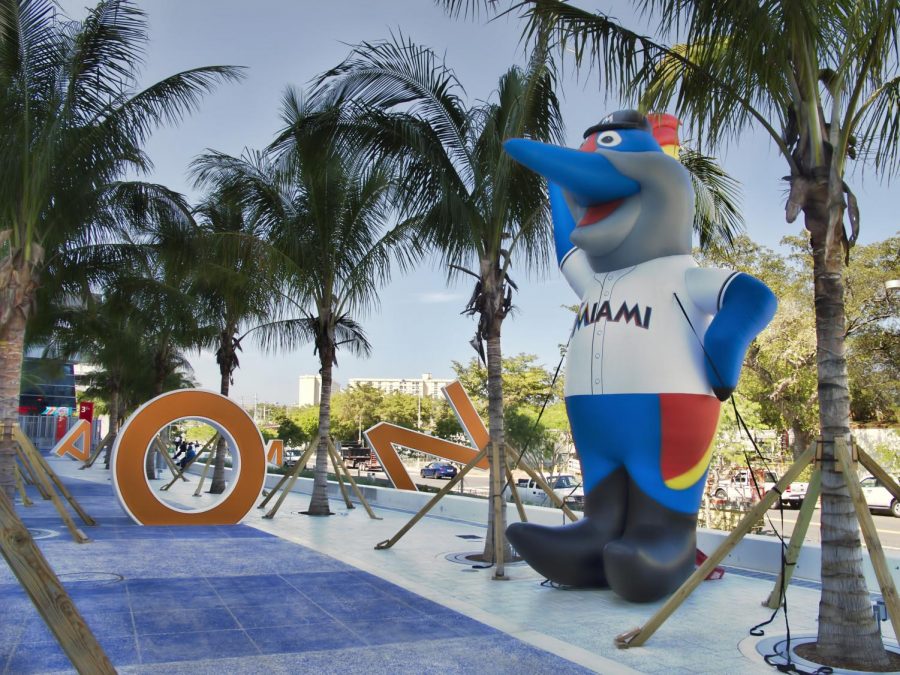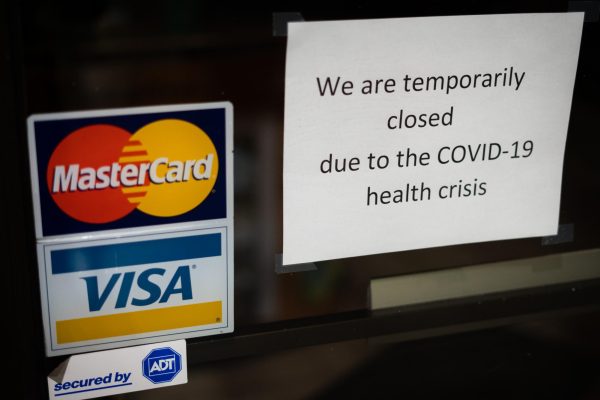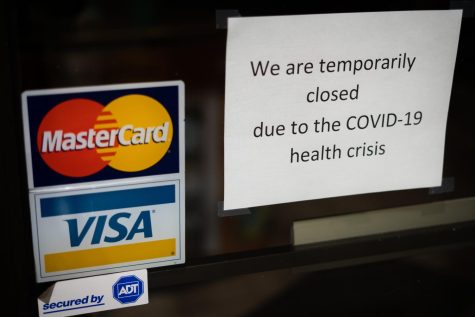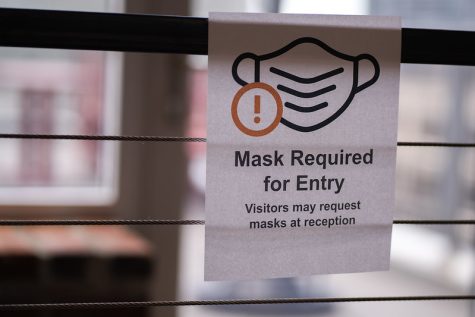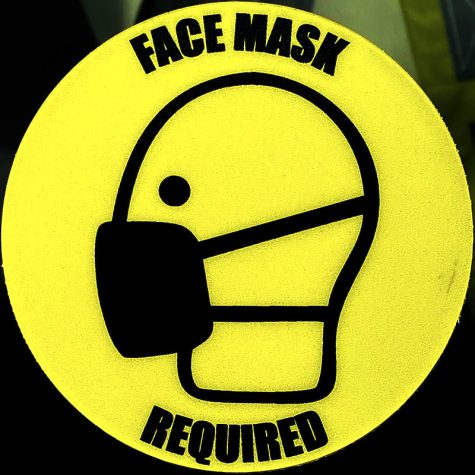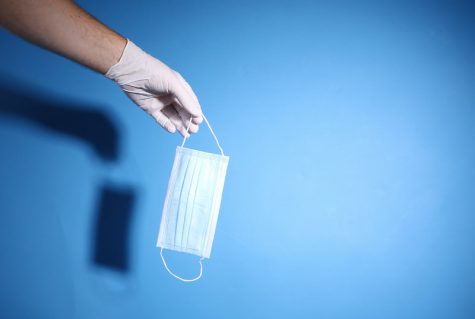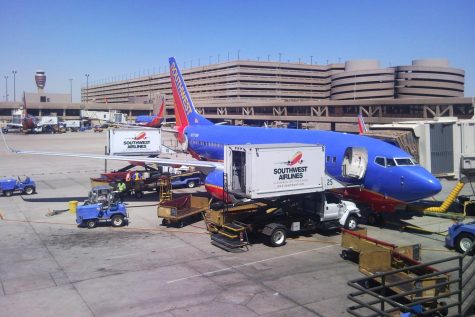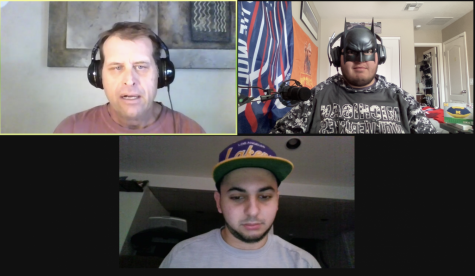MLB pauses Miami and Philadelphia’s seasons following positive COVID-19 tests of several Marlins players
Phillies played three games against infected Miami players
The Marlin’s season is on hold after multiple positive COVID-19 tests among players and staff
July 28, 2020
Two Major League Baseball games that were to have been played on Monday night were postponed due to COVID-19 concerns. MLB has also postponed tonight’s game between the Yankees and Phillies out of what commissioner Rob Manfred called “an abundance of caution”.
It has been reported that currently, at least 9, but as many as 15 Miami Marlins players plus five coaches or staff have tested positive for COVID-19.
The positive tests come after the Marlins played three games of a four-game series against New York, which began last Friday.
The Marlin’s outbreak initially caused tonight’s home opener against Baltimore to be postponed, until Manfred decided earlier today to temporarily halt Miami and Philadelphia’s seasons. Miami is scheduled to return to play on Aug. 3. Philly will pause until Friday while both teams do further testing.
The pause will presumably allow Miami to isolate the appropriate players and staff and reorder their roster. It would also give Philadelphia time to identify any cases which flare up as a result of contact with Marlins players to begin the season.
In order to attempt to minimize the scheduling issues the disruption will cause, MLB will have both team’s opponents play each other on Wednesday and Thursday. The addition to Miami, Baltimore, Philadelphia and New York, the pause will also affect the Washington Nationals who were scheduled to play Miami July 31 through Aug. 2.
Even though the league is claiming that their protocols are effective and reports no positive tests among any players other than the recent outbreak among Marlins players, some experts are doubtful that MLB has matters in hand with respect to what could happen.
Andrew Morris, who teaches about infectious diseases at the University of Toronto sounds doubtful of the effectiveness of Manfred’s plan.
“Baseball is in huge trouble, huge trouble,” Morris said. “It makes me wonder if they are listening to the advice of experts or whether their experts are giving them good advice. This was not a plan anyone who knows what they are talking about would have conceived. It’s playing out like it was supposed to play out.”



